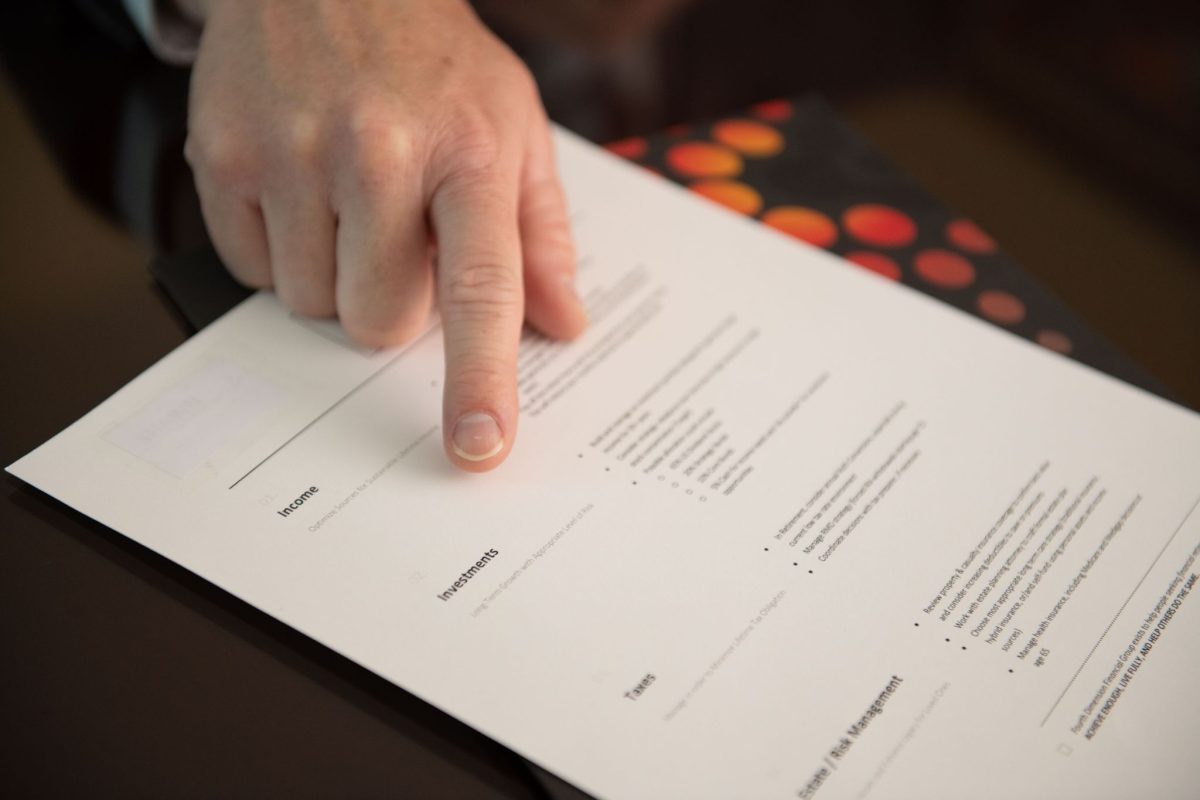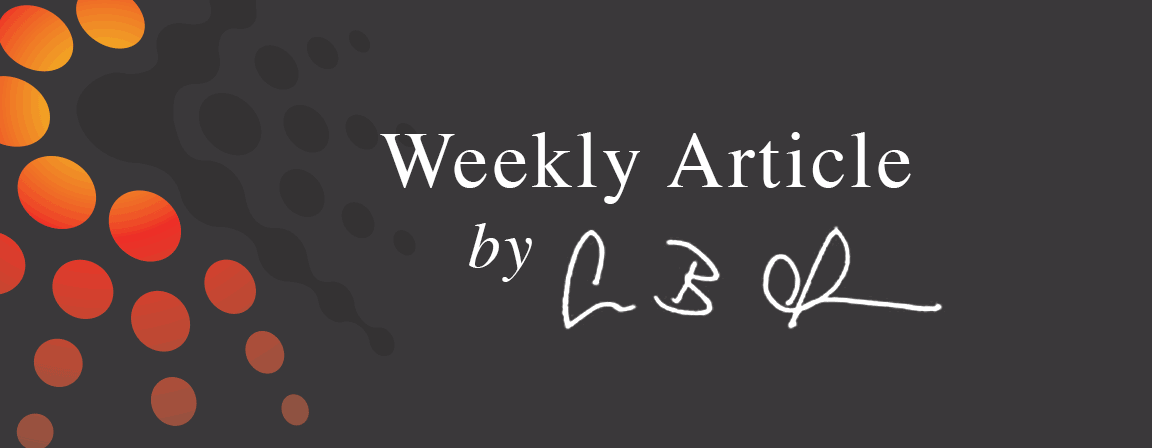Almost nobody wants to budget until there’s a crisis. The truth is, you may not even need to budget at all if you’ve been living the same general lifestyle for decades; you just know how much comes in and how much you can spend and all is well. There are moments in life, however, when a good old-fashioned budget can help realign priorities, accelerate progress toward specific goals, or simply clean things up a bit. So if you’re wondering what you could do to tidy your financial house, I have a specific suggestion that might sound a bit odd at first but is quite universal. It’s all about the blind-spots.
Having spent the last seventeen years being invited into the financial lives of others, I’ve come to understand that many of us have a financial blind-spot (or two or three). This is that area of spending that is outsized as compared to what’s ‘typical’. In many cases it’s intentional. You may enjoy owning a fine home so you spend much more than average in that particular category. Maybe it’s a classic car hobby, a passion for collecting antique furniture. or investing in your six daughters’ private lessons, sports, and academic pursuits (okay that’s us, just to be clear). And while none of these are inherently bad things upon which to spend your money, any one of them can lead us away from accomplishing other goals if we’re not conscious of our choices. The key is to ensure that they’re not blind-spots but careful and deliberate allocations of our resources.
Before transitioning into full retirement, I’ll encourage people to take a close look at their spending. After all, if there’s a problem, would you prefer to know about it before or after you exit the building for the last time with your personal items and final paycheck in hand? When this exercise is completed, one thing is consistently revealed: there’s a surprise of some sort in that spending analysis. Whether it’s a cable bill that’s mysteriously grown to mythic proportion or a dining out routine that’s adding both expense and waistline to an otherwise tight ship. And while I won’t suggest I know the best way to address these types of things, I’m a big believer that becoming aware and intentional about them can help ensure that you’re pleased with your decisions and not just on unconscious auto-pilot. Maybe you don’t need the fancy cable package any longer or maybe that twelfth mahogany chifforobe isn’t really what will make you happiest.
In the end, a budget is just a tool. It’s a tool that allows us to check ourselves, to check our actions against our true intentions. By laying bare any blind-spots that may exist, we can decide what to do about them, possibly unburdening ourselves from these things. Maybe there’s just a tiny course correction to make, or maybe a dramatic lifestyle shift is required. Either way, you get to decide. And making a decision ensures you’re in control, not the blind-spot.
All the best,

Adam Cufr, RICP®
Recent Articles
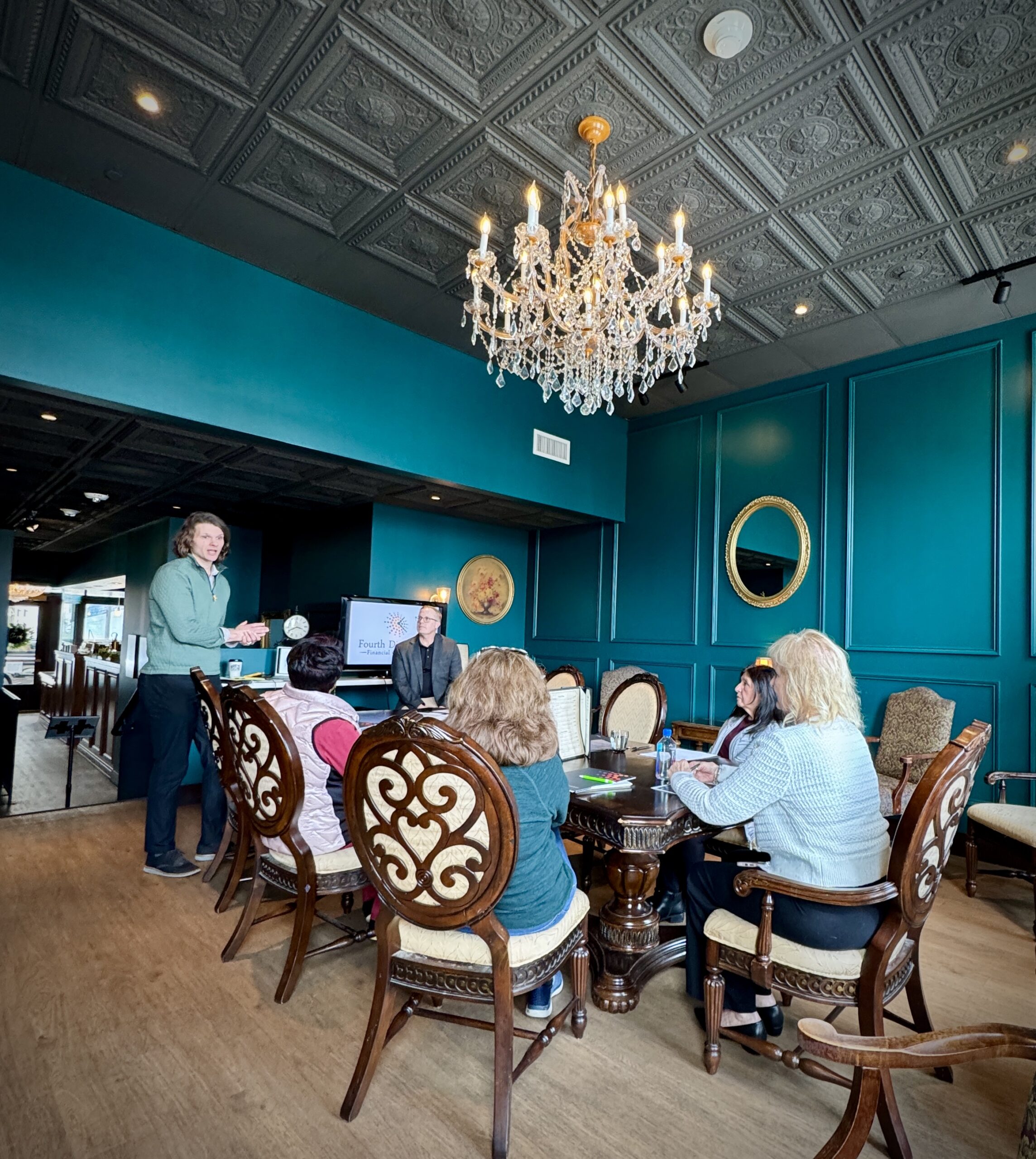
Show Your Work: Why Transparency Matters in Retirement Planning

Unlocking the Mystery of Income Taxes
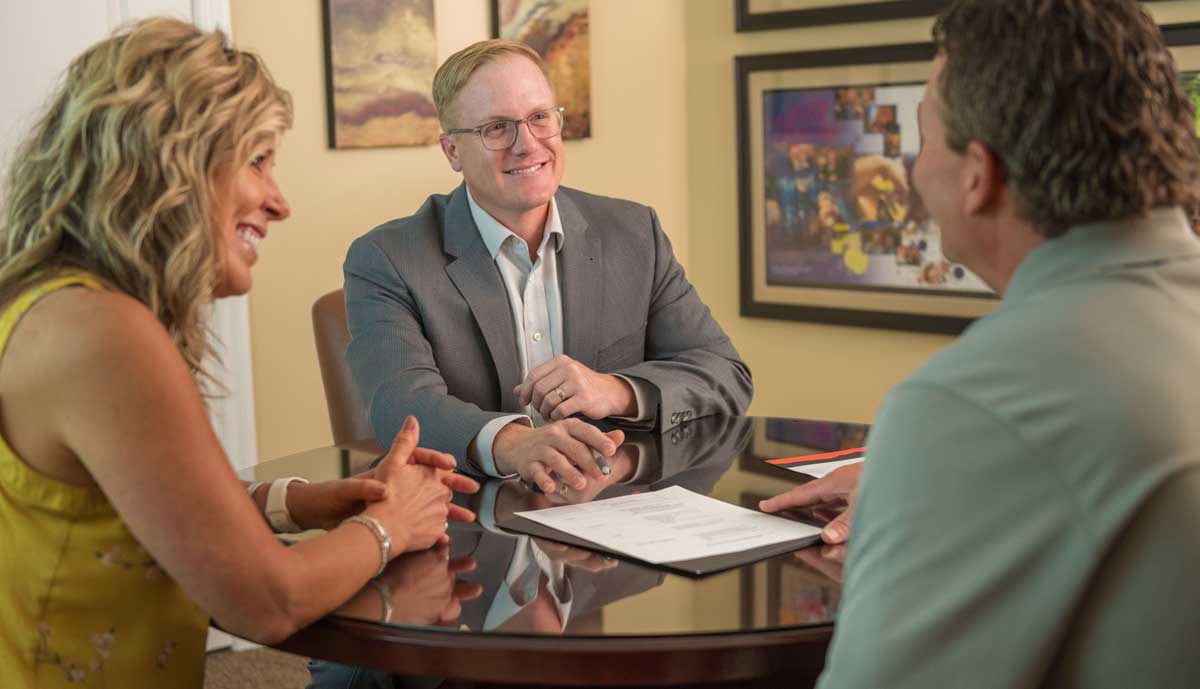
Social Security Strategy: Do You Have One?
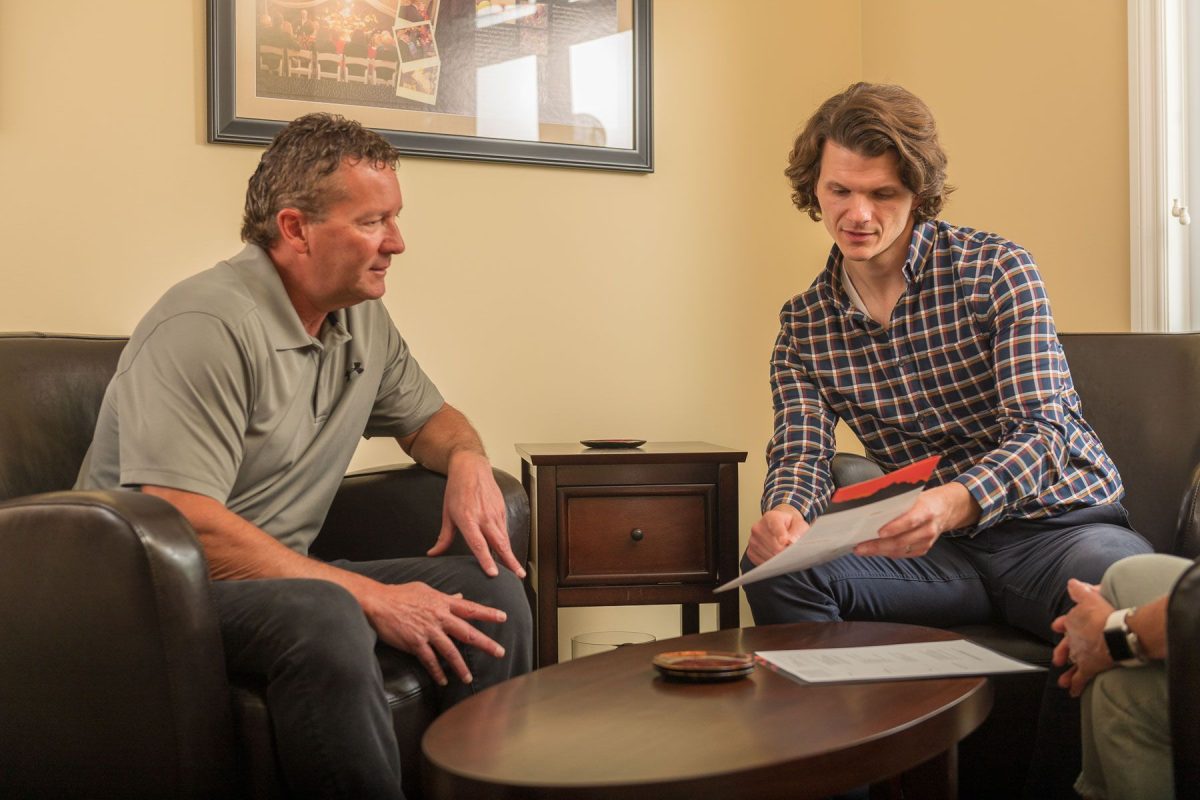
Pension Decision: Just One Critical Piece of Information Is Needed to Decide
